Warmblood horses, comprising approximately 3.2% of the equine population1, are particularly susceptible to certain gastrointestinal conditions due to their specific genetic makeup, management practices, and performance demands. This article explores the most common digestive issues affecting Warmblood breeds, including Oldenburg, Hanoverian, Dutch Warmblood, Holsteiner, Selle Francais, and North American Warmbloods.
Primary Gastrointestinal Concerns
1. Gastric Ulcers
Warmblood sport horses frequently experience gastric ulcers due to their intensive training schedules and competition demands2. Studies show high prevalence of equine gastric ulcers syndrome (EGUS) across different equine sport disciplines. In high-level endurance horses, prevalence ranges from 48% during the off-season to 93% during competition season3, while warmblood sport horses in dressage and show jumping show rates up to 60%. These high prevalence rates appear linked to common factors in competitive equine sports, including intensive training schedules, competition stress, and feeding management. For endurance horses, factors like training intensity and competition distance significantly impact ulcer development3. Similarly, warmblood sport horses face risk factors including extended periods without forage, high-grain diets, regular transport, and intensive training schedules.
2. Hindgut Acidosis
The modern Warmblood's diet, often rich in concentrates to meet performance energy requirements, can lead to hindgut acidosis. This condition manifests through disrupted microbial balance in the gut, which leads to compromised fiber digestion. Horses affected by hindgut acidosis typically show increased risk of colic episodes, reduced nutrient absorption, and notable behavioral changes that can impact performance4.
3. Inflammatory Bowel Disease (IBD)
Warmbloods show a higher predisposition to IBD compared to other breeds, possibly due to genetic factors. The condition typically presents with chronic weight loss despite adequate nutrition5. Affected horses often experience recurring colic episodes and show signs of protein loss. Performance usually declines, and appetite becomes variable, making management challenging for owners and trainers5.
Management Considerations
Dietary Management
Proper dietary management proves crucial for preventing and managing gut issues in Warmbloods. A forage-based diet should form the foundation of their nutrition, with horses receiving a minimum of 1.5%-2% of their body weight in forage daily6. This should be divided into multiple small meals throughout the day, with access to high-quality hay or pasture whenever possible.
Performance Considerations
Competition Warmbloods require special attention to maintain gut health while meeting performance demands. Training schedules should incorporate adequate cool-down periods and regular rest days7. Feeding schedules often need modification around competition times to minimize digestive stress while maintaining energy levels.
The Role of EquiNectar®
Natural digestive aids play a crucial role in maintaining gut health in horses. EquiNectar®, a digestive syrup derived from malted barley, offers a comprehensive solution for many common digestive challenges faced by warmbloods. This supplement provides active digestive enzymes that support healthy digestion, promotes beneficial gut bacteria growth, and helps reduce the starch load on the large intestine. Its enzyme profile, including amylase, fructanase, phytase, cellulase, xylanase, and beta-glucanase, works synergistically to improve nutrient absorption and support optimal digestive function. The palatable formulation makes it particularly suitable for warmblood horses, who can sometimes be selective with supplements.
Breed-Specific Considerations
Different Warmblood breeds often show varying susceptibilities to gut issues. Hanoverians and Oldenburgs typically require particularly careful grain management and may benefit from additional fiber sources in their diet8. Dutch Warmbloods sometimes show higher ulcer prevalence and may need modified feeding schedules to maintain optimal digestive health. Holsteiners often thrive on forage-based diets but may require additional digestive support during competition seasons.
Conclusion
Managing gastrointestinal health in Warmblood sport horses requires a comprehensive approach that considers their unique genetic predispositions, performance requirements, and individual needs. Success lies in combining proper nutrition, stress management, and preventive care while maintaining awareness of breed-specific tendencies.
References
- Cochran, C. (2024, May 26). Top 14 Most Popular Horse Breeds in North America. MB Mad Barn.
- Vokes, J., Lovett, A., & Sykes, B. (2023). Equine Gastric Ulcer Syndrome: An Update on Current Knowledge. Animals : an open access journal from MDPI, 13(7), 1261.
- Tamzali, Y., Marguet, C., Priymenko, N., & Lyazrhi, F. (2011). Prevalence of gastric ulcer syndrome in high-level endurance horses. Equine veterinary journal, 43(2), 141–144.
- Nedas, B. (2023, September 27). The Hidden Battle: Understanding Hindgut Disease in Horses. EquiNectar®.
- Steward, A. (2022, October). Inflammatory Bowel Disease in Horses. MSD Veterinary Manual.
- Ralston, S. (2021, January). Nutritional Requirements of Horses and Other Equids. MSD Veterinary Manual.
- The British Horse Society. (2024, July 4). Implementing a fitness programme.
- Cochran, C. (2024, July 3). Oldenburg Horse Breed Guide: Characteristics, Health & Nutrition. MB Mad Barn.



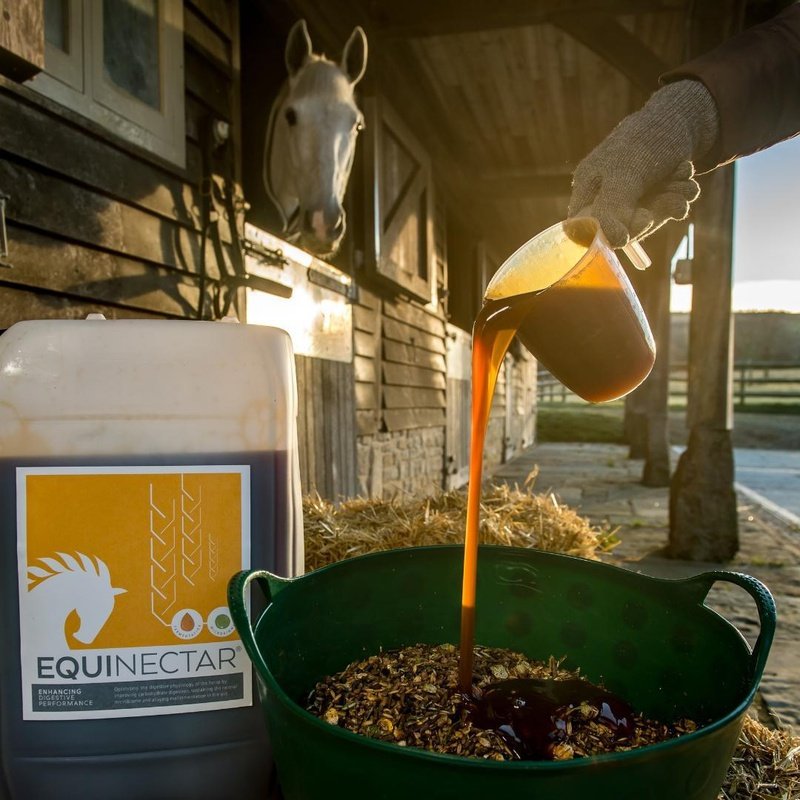
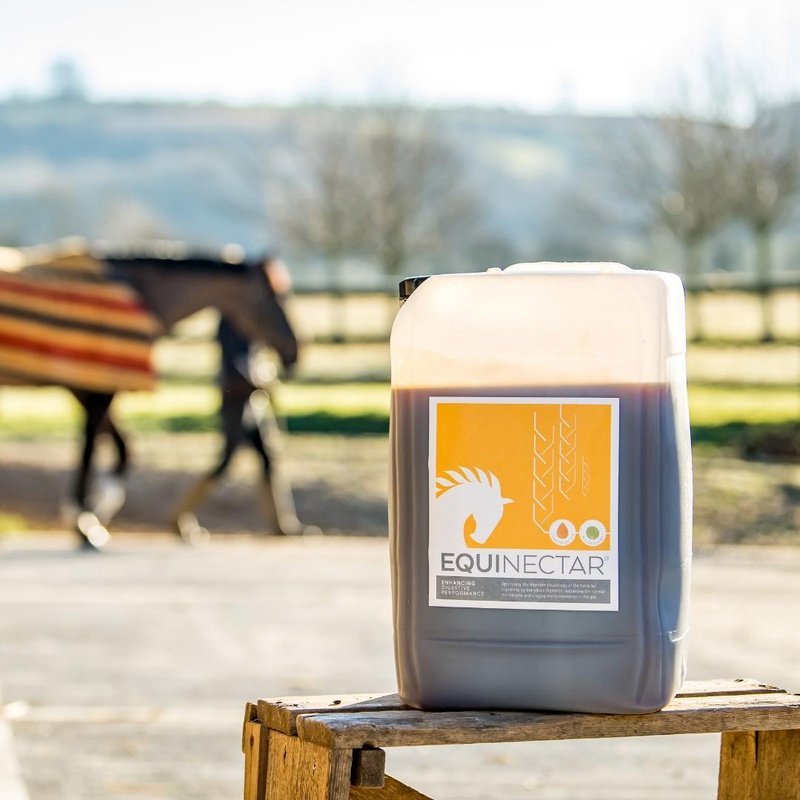
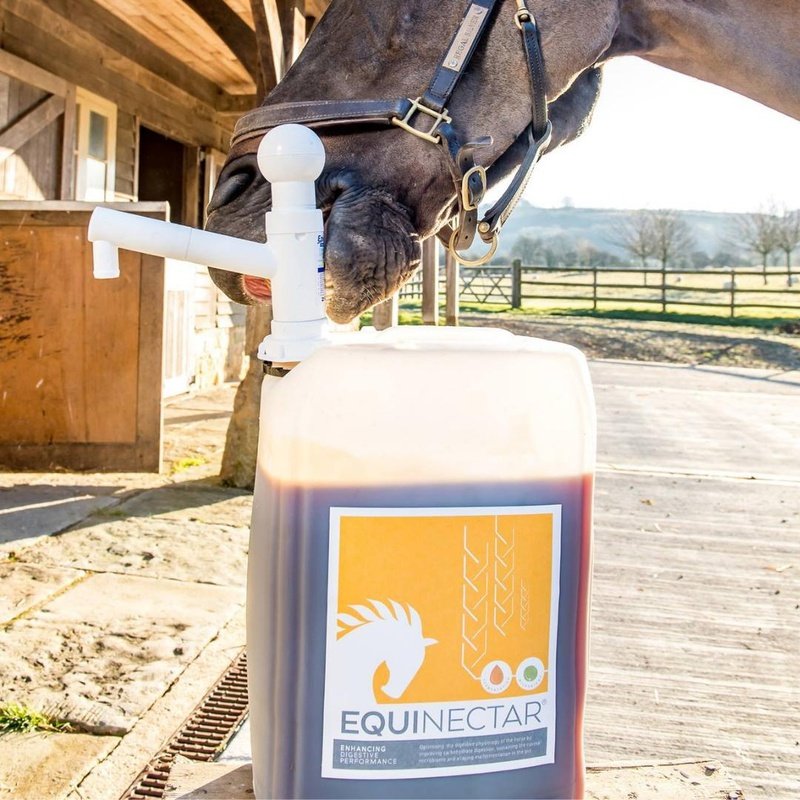
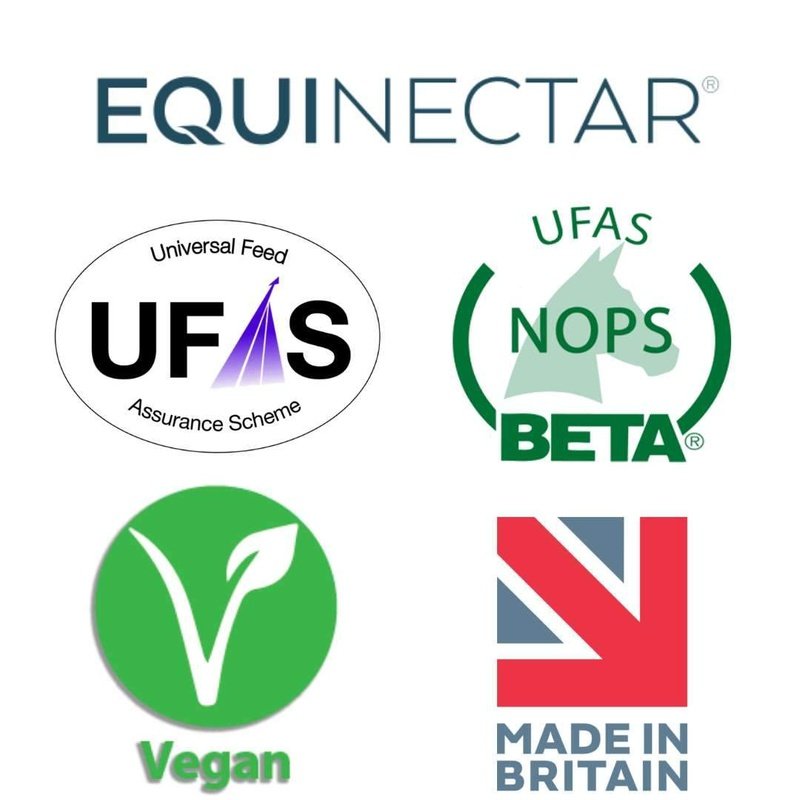
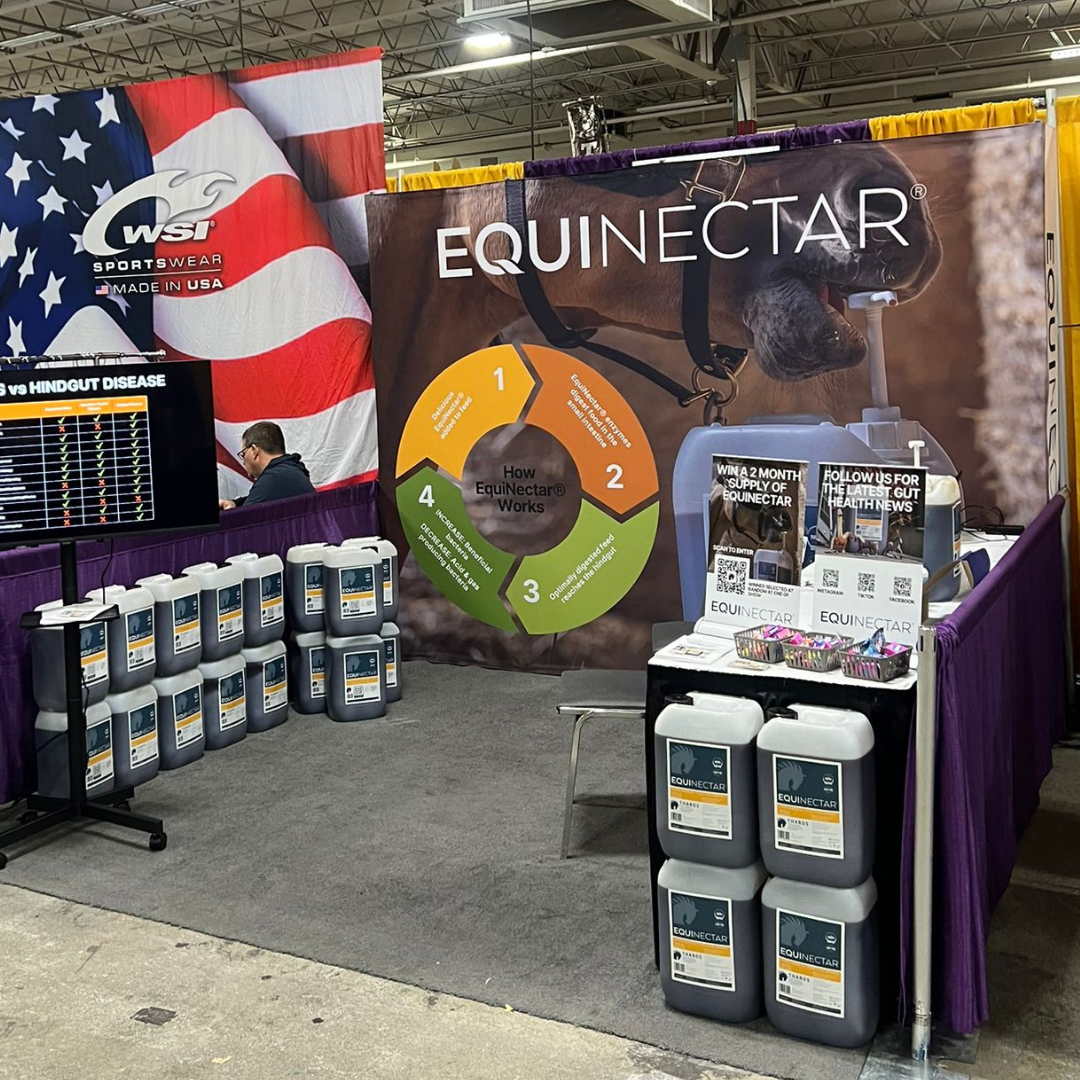

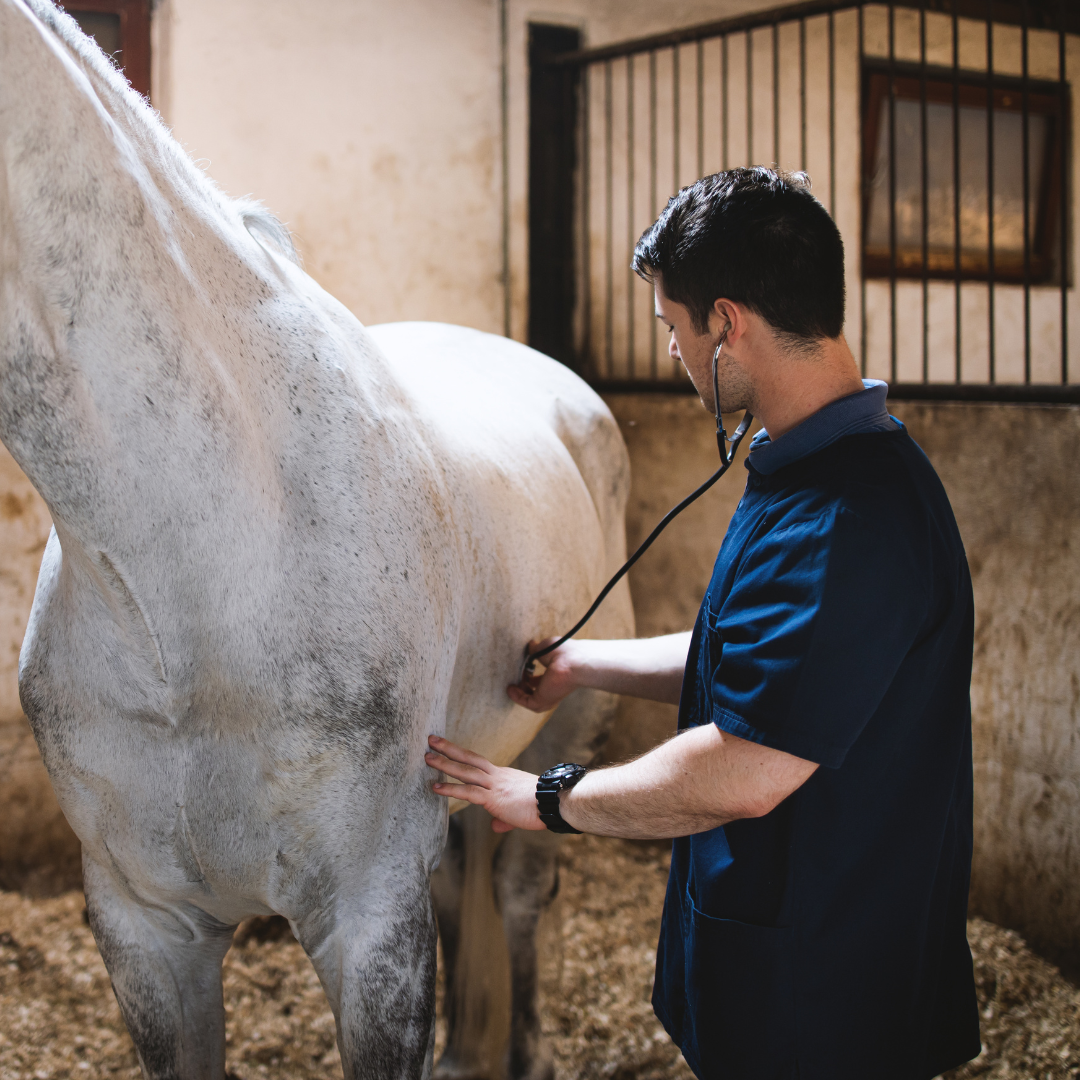
Share: